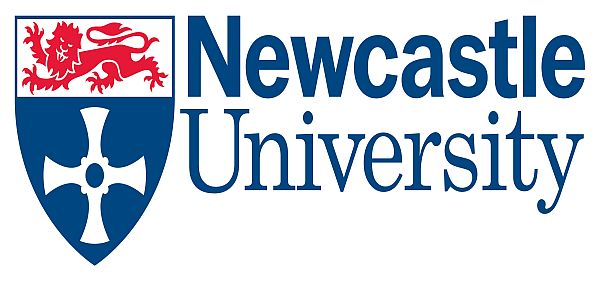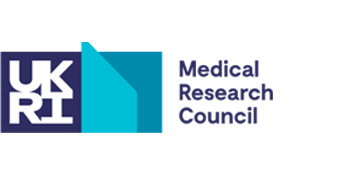Background
What is the purpose of this study?
Pneumonia is a major cause of illness and death in older people.
Vaccines are available against infections such as COVID-19, influenza, and tuberculosis (TB), as well as a vaccine specifically for pneumonia. However, these vaccines do not offer complete protection, and their effectiveness tends to decline with age.
Some evidence from cancer studies suggests that GM-CSF may enhance the effectiveness of vaccines.
We would therefore like to conduct a clinical trial in which older adults receiving vaccines are also given either GM-CSF or a placebo, to determine whether GM-CSF improves vaccine responses.
However, before planning such a trial and calculating the number of participants needed to achieve statistical power, we first need to define the detailed immune response to vaccination in older people. This is the aim of the ImmuneVax study.
This study is funded by the Medical Research Council (MRC).
Why is it important to develop a more effective pneumonia vaccine for older adults?
-
Lung infections remain a major cause of illness and death worldwide.
-
The impact of lung infections is significantly greater in people over the age of 60.
In this age group, infections caused by bacteria and viruses are more likely to result in severe illness or death. -
Common viral infections include influenza, COVID-19, and respiratory syncytial virus (RSV).
The main bacterial cause of community-acquired pneumonia (CAP) is Streptococcus pneumoniae. -
Vaccines are available against influenza, COVID-19, RSV, and S. pneumoniae.
These vaccines are routinely offered to older adults through the NHS. -
However, vaccine effectiveness declines with age.
This may partly explain why many older individuals still die from respiratory infections despite being vaccinated. -
There is a clear need to improve vaccine responses in older people.
Enhancing vaccine effectiveness could help reduce the burden of respiratory infections in this vulnerable population.
What would we do at our lab?
At our lab, we will study how the immune system responds to the pneumonia vaccine Pneumovax 23 in people aged 60 and above. Using blood and lung samples (bronchoalveolar lavage fluid) from volunteers, we will:
-
Measure antibody levels
We will check how many protective antibodies are produced after vaccination, both in the blood and in lung fluid. This will help us understand how well the vaccine triggers an immune response in older adults. -
Test immune cell function (opsonophagocytic activity)
We will assess how well immune cells can recognize, grab, and destroy pneumonia-causing bacteria after vaccination. This will be done using both blood and lung fluid samples. -
Stimulate immune cells and measure their activity (ELISpot)
We will expose certain immune cells to a specific part of the pneumonia bacteria (serotype 1 polysaccharide) and measure how active they become. We will do this both with and without a substance called GM-CSF, which may help boost immune responses. -
Compare lung immune responses (alveolar macrophages)
We will look at how lung-specific immune cells, called alveolar macrophages, respond to the vaccine. Again, we will test this with and without GM-CSF to see if it makes a difference. -
Use this data to plan a clinical trial
Based on what we learn from all the above tests, we will help design a future clinical trial. This trial will compare how well Pneumovax 23 works when given with GM-CSF (also known as Sargramostim) versus when given with a placebo. The goal is to find out whether adding GM-CSF makes the vaccine more effective and safe for people aged 60 and above.




